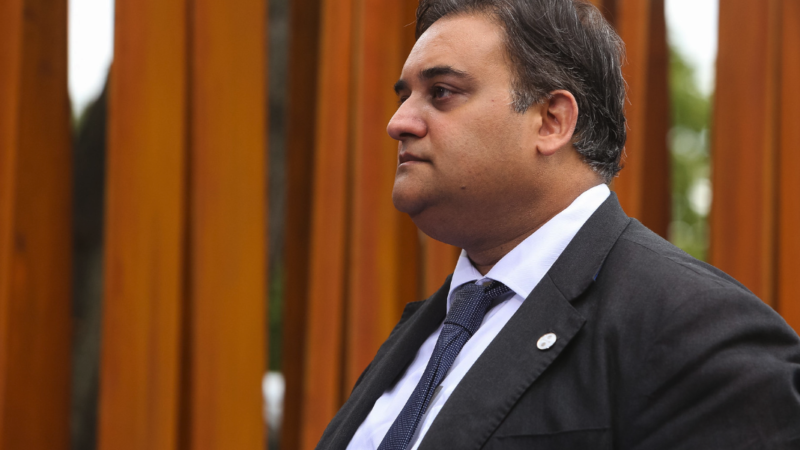How elected representatives could use the web to add context (an example for Claude Moraes MEP)

I saw this tweet earlier from Brian Duggan who works for EPLP in their London office:
http://twitter.com/TheBrianDuggan/status/55944123059941376
I followed the link to the letters page of The Guardian, and this is what I get:
Your report on the conviction of John Sweeney should be essential reading for some of my colleagues in the European parliament who have consistently argued against the very programme that brought this murderer to justice (Report, 4 April). Last year the Guardian reported that the UK requested Eurojust’s help in more cases than any other EU country. Yet time and again, the Conservatives and Ukip in Brussels have refused to support the organisation, a body set up to help the police work more effectively with their colleagues in other EU countries. Perhaps they don’t see the link between abstract agreements in Brussels and the reality of fighting crime.
Claude Moraes MEP
Labour’s European spokesperson on justice and home affairs
The link on the Guardian site leads here, not exactly informative about the processes behind the case. So how about Moraes’s website? That has just a copy-paste of the letter. His briefings page contains no information about Eurojust or this issue more widely. The link to his Twitter account from his website is broken.
So what do I learn from all of this? Well it shows my MEP is at least active – he’s writing to the newspapers. But I don’t actually learn anything. How are the Tories and UKIP blocking Eurojust? Does Labour, the EPLP, PES or S&D group have a proper policy? How should Europe-wide judicial cooperation work? Not a clue.
Now I can understand why a letter to a newspaper has to be short, but surely the website or Twitter account of a politician should be just the place to add that extra context?